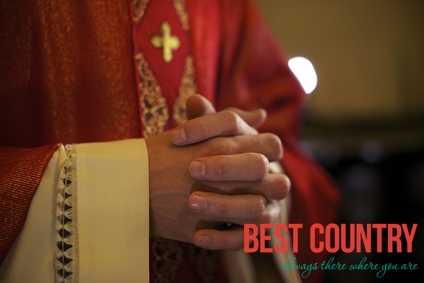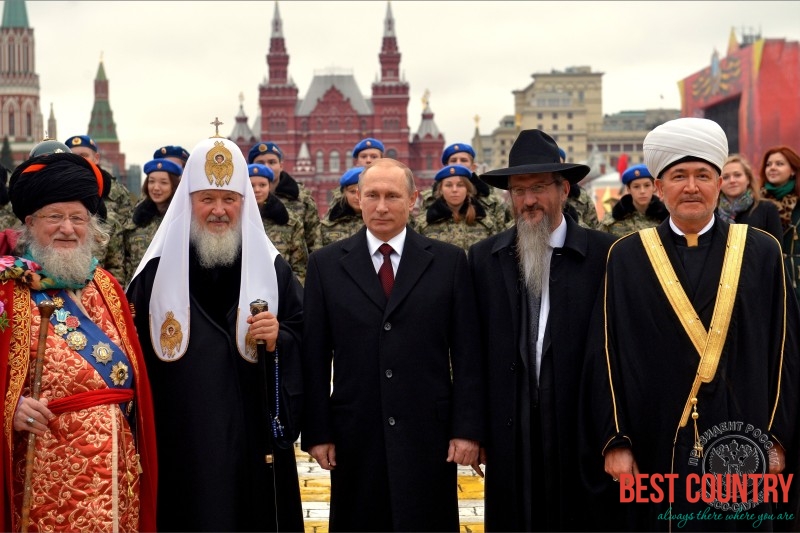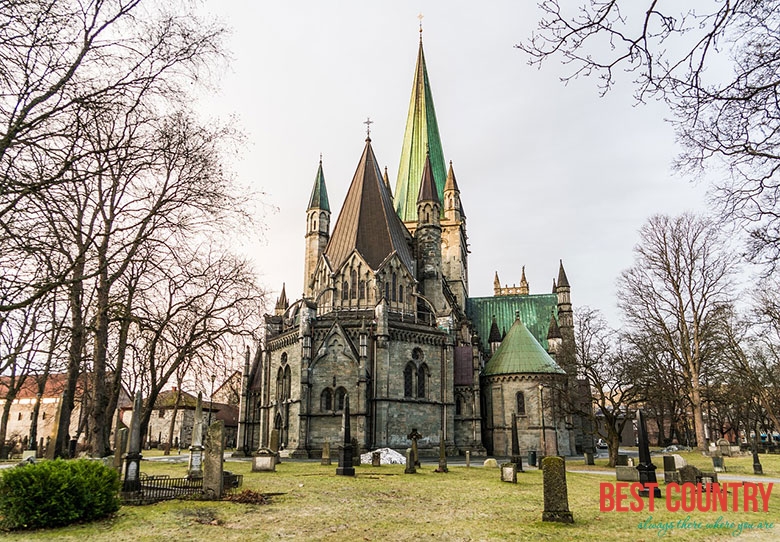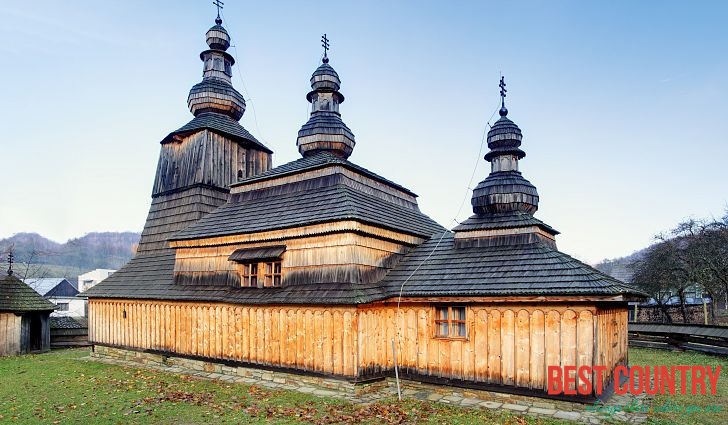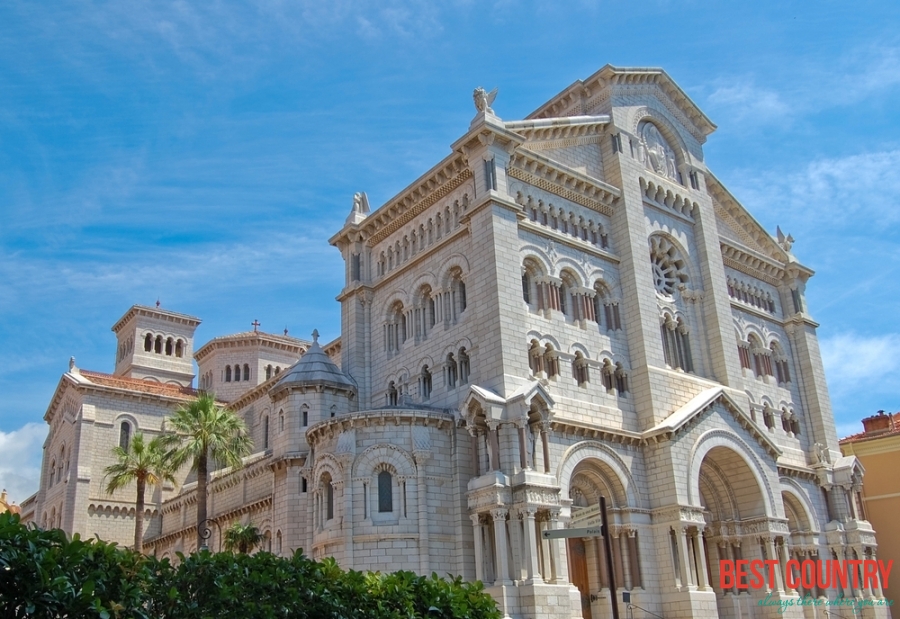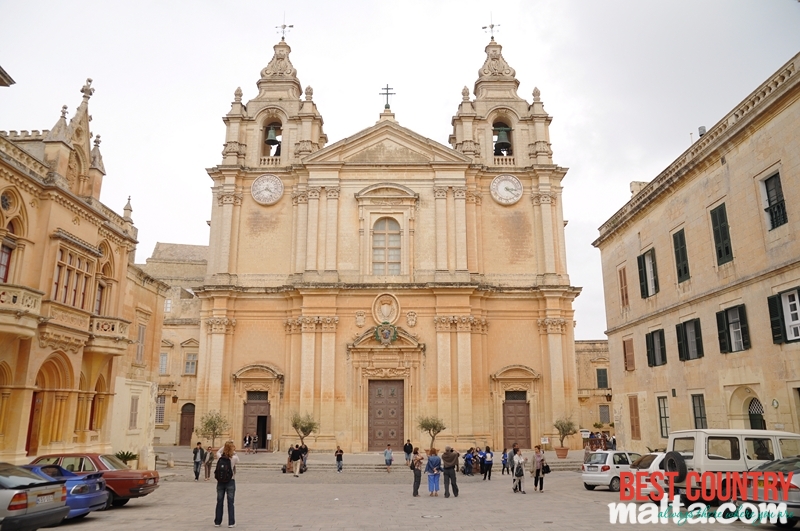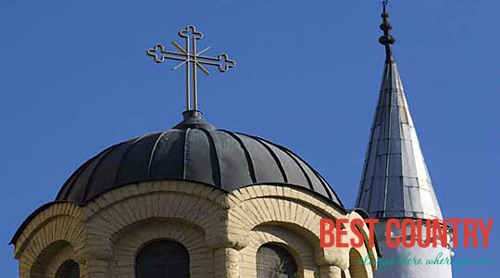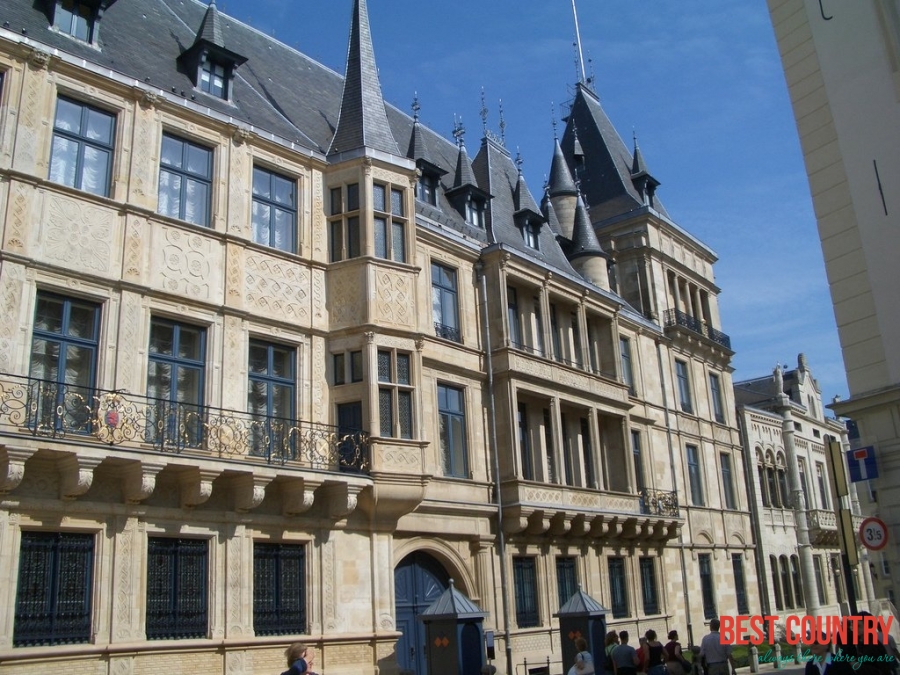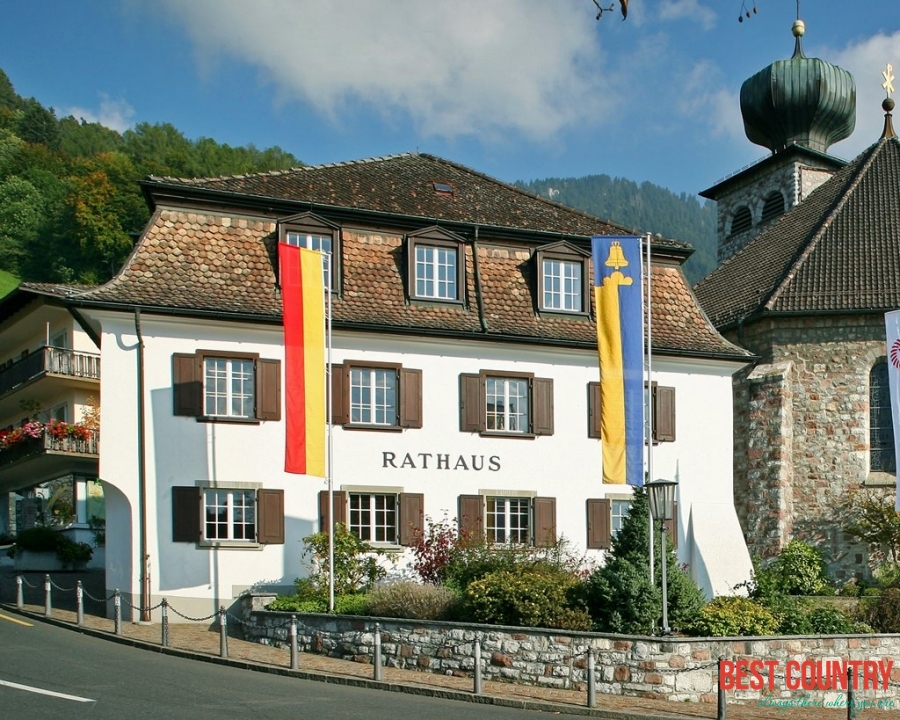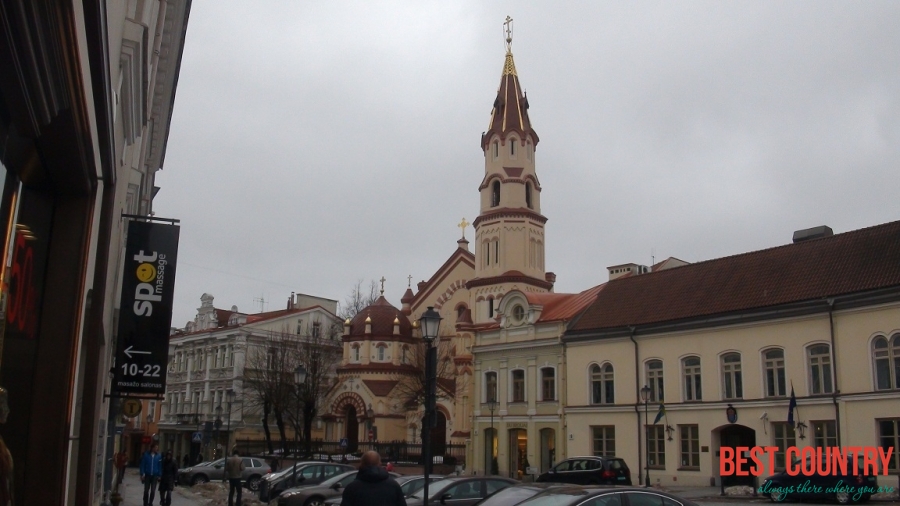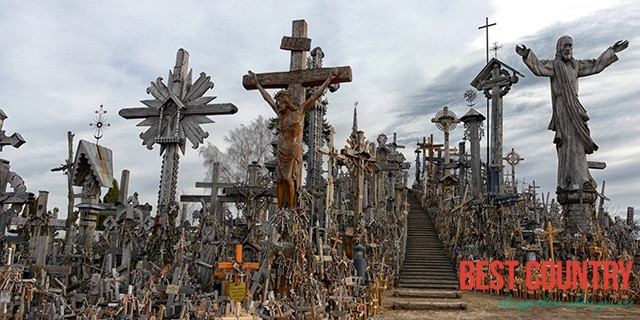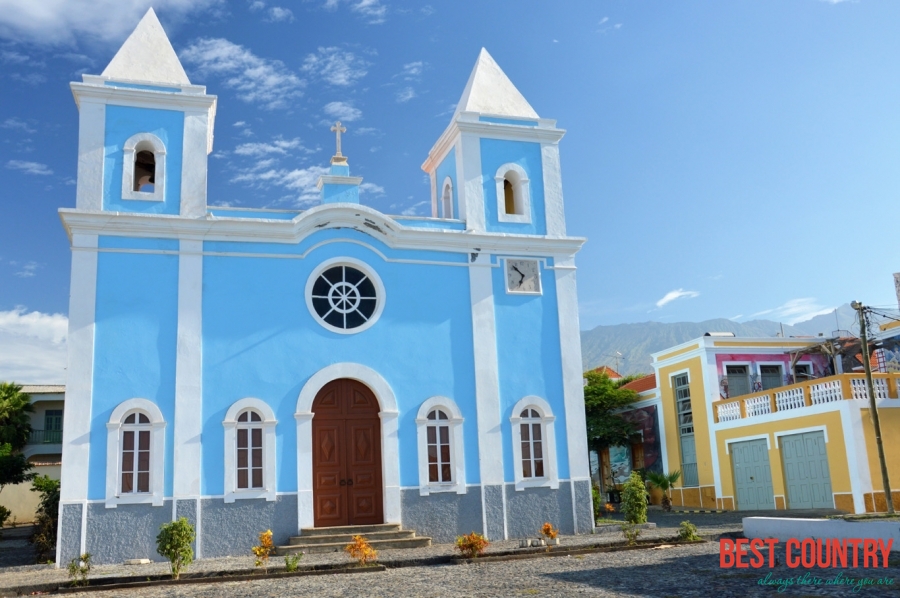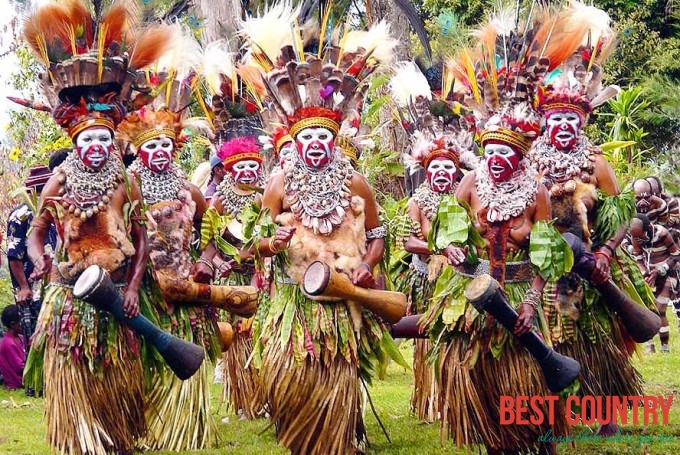Religion in different countries
Religion in the Netherlands
Historically the Netherlands is characterized by multitude of religions. Since the mid of the Middle Ages, the Netherlands was a predominantly Christian country until late into the 20th century. Although religious diversity remains to the present day, there is a major decline of religious adherence.
Religion in Russia Today
With nearly 5,000 religious associations the Russian Orthodox Church accounts for over a half of the total number registered in Russia. Next in numbers come Moslem associations, about 3,000, Baptists, 450, Seventh Day Adventists, 120, Evangelicals, 120, Old Believers, over 200, Roman Catholics, 200, Krishnaites, 68, Buddhists, 80, Judaists, 50, and Unified Evangelical Lutherans, 39.
Religion in Norway
The King is the titular head of The Church of Norway, which is the official church of the Norwegian state.
Religions in Moldova
The Republic of Moldova mainly comprises representatives of Christianity. The majority adheres to the Orthodox Church, which incorporates almost 95% of the entire population of the country.
Religion of the Pitcairn Islands
A successful Seventh-day Adventist mission in the 1890s was important in shaping Pitcairn society. In recent years, the church has declined, with only about eight islanders worshipping regularly, but most of them still attend church on special occasions. The Sabbath is observed as a day of rest and as a mark of respect for observant Adventists.
Monaco Religion
Monaco has a total population of 32,543. Out of this total population 90% of the people in Monaco are adherents of the Roman Catholic faith. In fact,Roman Catholicism happens to be the state religion of Monaco. Monaco religion is characterized by the presence of religious freedom for all.
Religion of Malta
The Constitution of Malta declares Roman Catholicism as the state religion although entrenched provisions for the freedom of religion are made. Freedom House and the World Factbook report that 98% of the population is Roman Catholic, making the nation one of the most Catholic countries in the world.
Religion in the Republic of Macedonia
In the Republic of Macedonia, the most common religion is Orthodox Christianity. Muslims are the second-largest religious group with almost one-third of the population adhering to Islam. There are also many other religious groups in Macedonia, including Catholicism, Baptism, Protestantism, Hinduism and Judaism.
Luxembourg Religion
Luxembourg Religion mainly includes Roman Catholics who account for 87% of the population in Luxembourg. The Jews, Muslims and Protestants (as per 2000 data report) comprise the rest of the Luxembourg population.
Liechtenstein - Religions
The state religion is Roman Catholicism, to which about 77% of the population adheres; however, absolute freedom of worship prevails.
Religion of Lithuania
Traditionally, Lithuania has been a Roman Catholic country. Although severely affected by Soviet repression, the Roman Catholic Church remains the dominant and the most influential denomination. However, Lithuania in the past has had two small but active Protestant denominations, the Evangelical Reformed (Calvinist) and the Evangelical Lutheran.
Religion of Latvia
The main religion traditionally practised in Latvia is Christianity, with no single church predominating: most Latvian Christians follow Latvian Orthodoxy, Lutheranism or Roman Catholicism. In addition, a large proportion of the country claim to practise no religion.
Religion in Cape Verde
More than 93% of the population of Cape Verde is nominally Roman Catholic, according to an informal poll taken by local churches. About 5% of the population is Protestant. The largest Protestant denomination is the Church of the Nazarene.
Religion in Papua New Guinea
Religion in Papua New Guinea is predominantly Christian with traditional animism and ancestor worship still found in some places. The courts and government in both theory and practice uphold a constitutional right to freedom of speech, thought, and belief.
